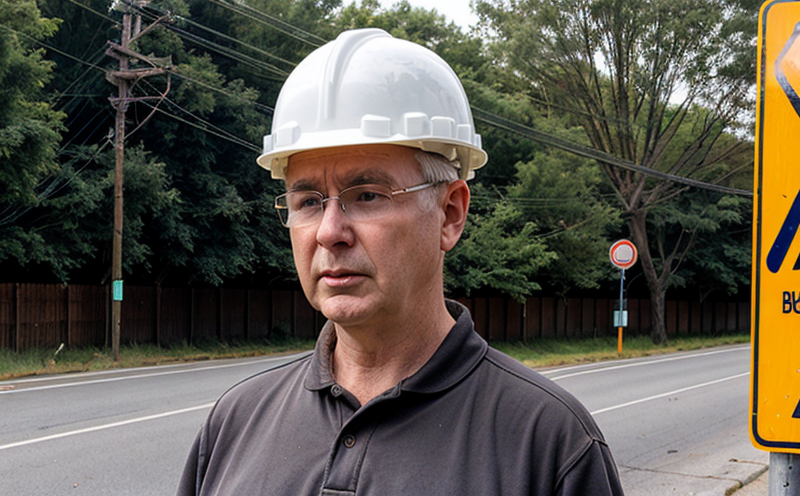EN 61672-3 Environmental Sound Analyzer Verification
The verification of environmental sound analyzers according to EN 61672-3 is a critical process for ensuring the accuracy and reliability of noise measurement instruments used in various sectors such as construction, manufacturing, and environmental monitoring.
EN 61672-3 specifies the requirements and methods for testing and verifying sound level meters. This standard ensures that these devices meet stringent performance criteria necessary to ensure accurate measurements across a range of noise environments. The test procedure involves measuring various parameters under controlled conditions, including frequency-weighting networks, time weighting, and reference levels.
The primary purpose of this verification is to confirm that the sound level meter complies with its declared accuracy specifications as stated in the manufacturer's documentation. This process is essential for maintaining consistent measurement practices across different locations and devices used by various stakeholders.
During the verification, we follow all prescribed steps outlined in EN 61672-3 to ensure thorough testing of each instrument. These include calibrating reference instruments against national standards, performing frequency response checks, time weighting tests, and ensuring that the device can accurately measure specified noise levels.
The accuracy of sound level meters is crucial for applications ranging from occupational health and safety assessments to environmental impact studies. By adhering strictly to EN 61672-3 guidelines, we provide reliable verification results that are internationally recognized and accepted by regulatory bodies worldwide.
Our laboratory uses state-of-the-art equipment calibrated according to the latest standards to perform these verifications. This ensures that our findings meet or exceed industry expectations while also complying with relevant national regulations.
We offer comprehensive verification services tailored to meet specific client needs, whether it be routine calibration checks or more extensive validation exercises involving multiple devices. Our experienced technical team can provide detailed reports highlighting any discrepancies found during the verification process along with recommendations for corrective actions where necessary.
By partnering with us for your EN 61672-3 environmental sound analyzer verifications, you gain access to a fully equipped facility capable of delivering accurate and reliable results. We pride ourselves on providing high-quality service supported by experienced personnel who understand the importance of precise noise measurements in protecting both human health and the environment.
| Standard | Description |
|---|---|
| EN 61672-3 | Methods for measurement and calibration of sound level meters. |
Applied Standards
The verification process adheres strictly to the requirements set out in EN 61672-3, which defines the procedures for testing and calibrating sound level meters. This standard ensures that all measurements are made using standardized techniques, thus providing consistent and accurate results.
| Standard | Description |
|---|---|
| EN 61672-3 | Methods for measurement and calibration of sound level meters. |
Industry Applications
- Occupational Health & Safety Compliance
- Environmental Impact Assessment Studies
- Construction Site Noise Monitoring
- Airport and Railway Noise Management
- Consumer Product Sound Quality Testing
International Acceptance and Recognition
The results of EN 61672-3 verifications are widely recognized by international standards bodies, making them suitable for use in various countries around the world. Organizations relying on these measurements can be confident that their compliance efforts align with global best practices.
Our laboratory's expertise in this area allows us to offer services that meet or exceed local and international requirements. By partnering with us, you ensure your sound level meters are verified using methods consistent with those recommended by leading organizations like the International Organization for Standardization (ISO).





